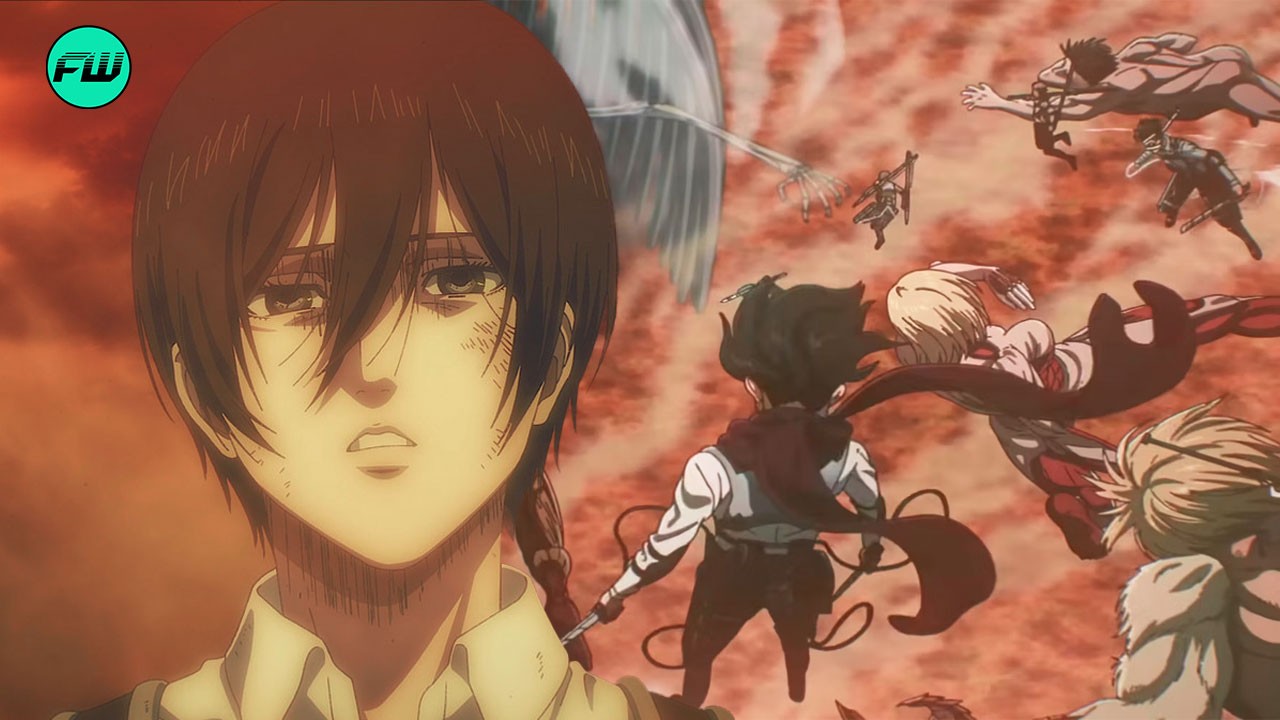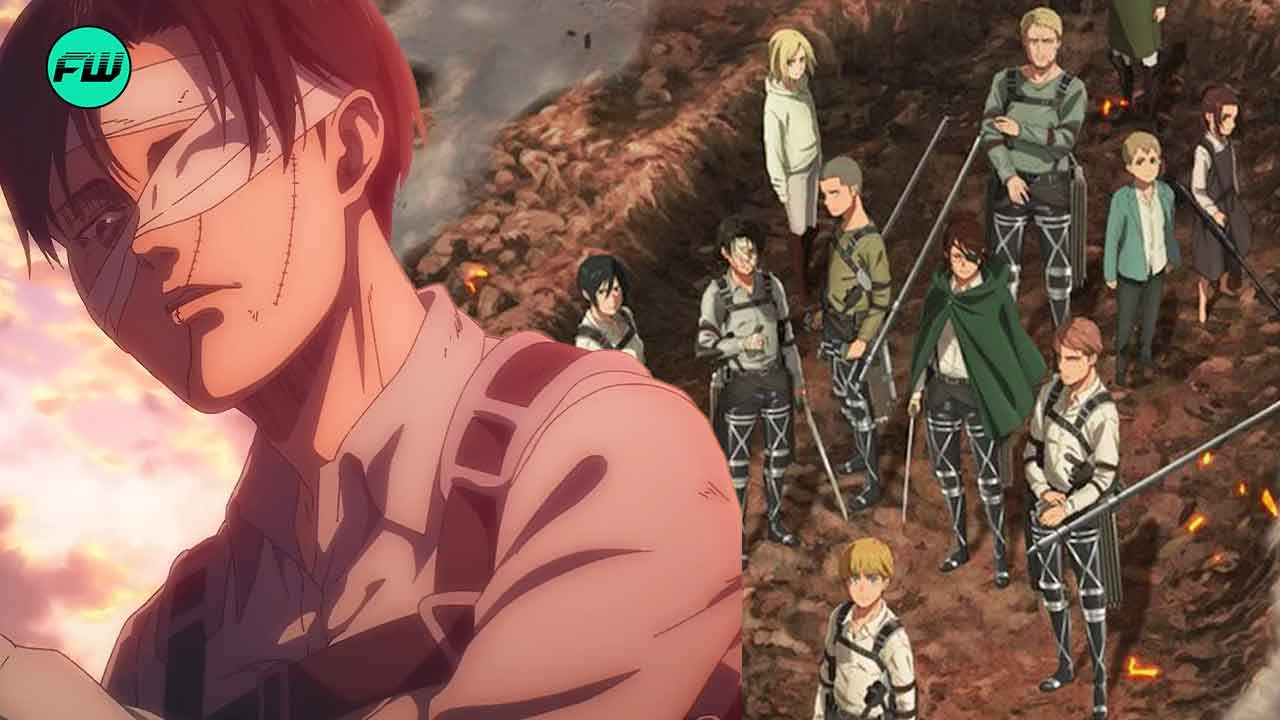The ending of Attack on Titan was hugely anticipated when it finally arrived back in 2021. The manga’s finale provoked a lot of debate among fans, with many feeling unsatisfied.
So when it came time for the anime adaptation, everyone was on the edge of their seats wondering if the creators would tweak or overhaul that controversial ending.
The anime team has a strong track record of close collaboration with the original manga author Hajime Isayama, so hopes were high that they might “fix” things and deliver a more satisfying conclusion to such a massively popular series.
Attack on Titan Anime Made The Story Less Complicated
One of the biggest improvements in the Attack on Titan anime’s finale is how they handled Armin’s dialogue with Eren. By avoiding any lines that seemed to approve or justify Eren’s actions, it became much clearer that the overall message is about how violence won’t solve the world’s major problems.
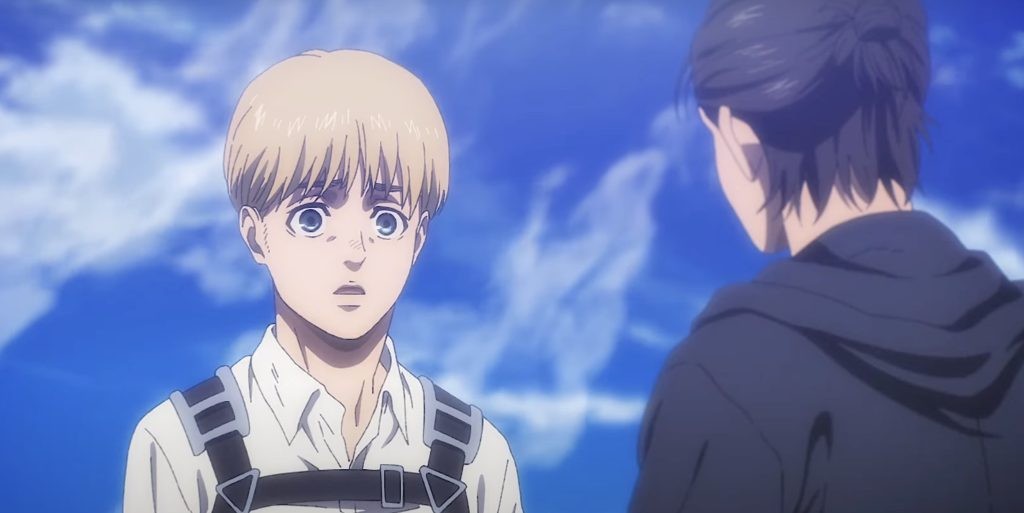
A fan on Reddit pointed out that none of the characters end up contradicting this central theme directly through their words or actions. While this change alone doesn’t fix every issue the story had in effectively conveying that anti-violence message, it’s still a noteworthy improvement that really strengthens the finale’s thematic impact.
The anime’s writing makes it so much easier to grasp the tragedy of the cycle of violence that Attack on Titan was trying to portray.
Watched the finale to Attack on Titan.
As someone who was really disappointed in the manga ending, the anime did it WAY better. The extra scenes and dialogue added made it feel less rushed and random. Can't believe it's finally over..until the final final chapter for real part 4— Jacksepticeye (@Jacksepticeye) November 5, 2023
They took this concept even further by adjusting Eren’s dialogue based on the changes to Armin’s lines. In the manga, after Eren justifies his actions as inevitable due to his future visions, Armin challenges him on how terrible his plan really was.
But in the anime, Eren actually admits that he only resorted to the Rumbling because he couldn’t find a better solution.
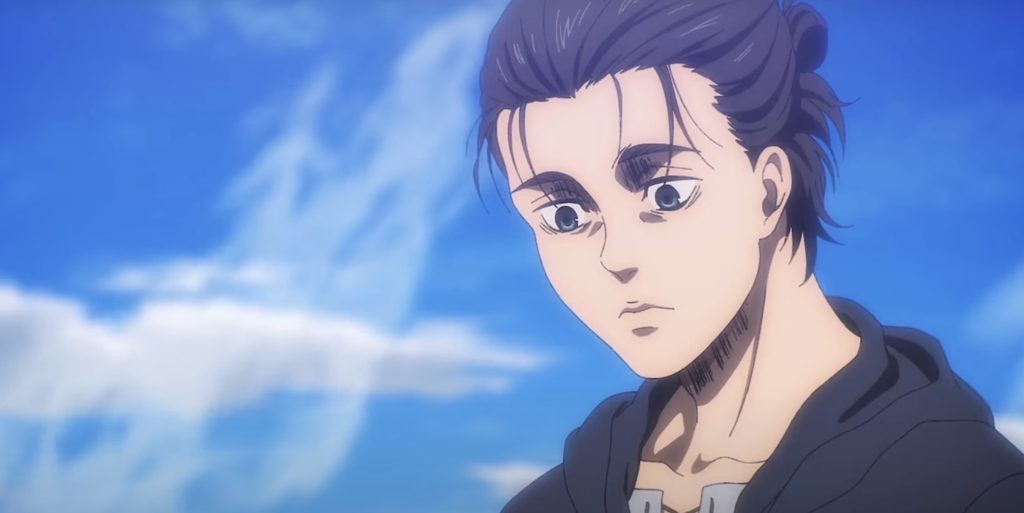
By having Eren himself acknowledge that his actions weren’t the best approach, it becomes an outright denial that what he did should ever be seen as justifiable or righteous.
This serves as a tremendous fix to the issues created by Armin’s dialogue in the original manga finale. In the anime version, there’s no ambiguity or mixed messaging – the story clearly condemns the cycle of violence rather than appearing to condone it in any way.
These adjustments elevate the anime’s finale head and shoulders above how the manga’s ending played out. The thematic intent lands much more powerfully.
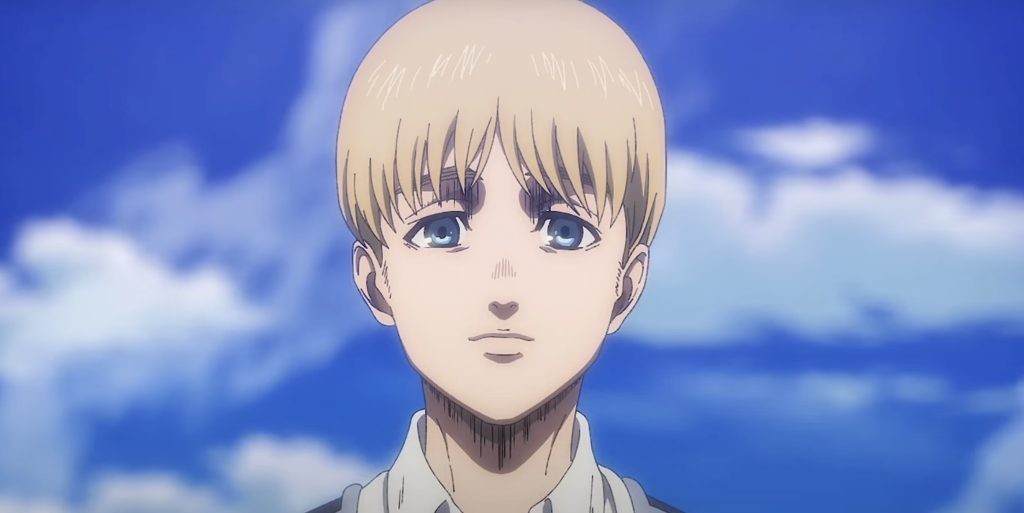
The anime makes it clear- Armin never approves of Eren’s genocidal Rumbling. Not only is Armin disgusted by it destroying most of humanity, but he also calls out how Eren’s plan won’t actually save Paradis and will only perpetuate more conflict.
This line of thinking is reinforced when the characters realize Eren’s attempt to make them heroes has backfired, making them targets instead. Throughout, no one condones Eren’s actions, resolving the manga’s thematic muddling in a straightforward, powerful way.

